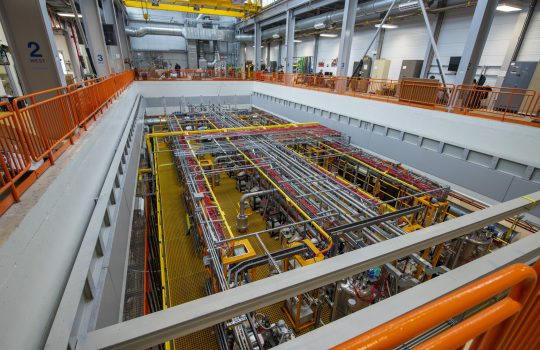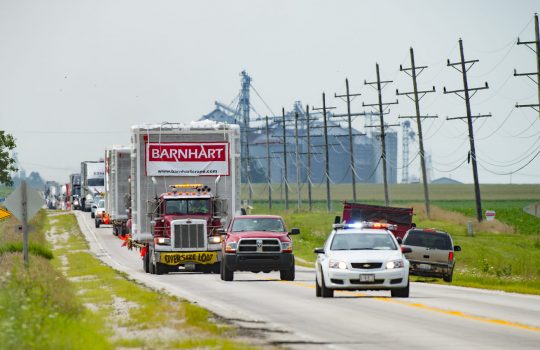Particles unknown
From PBS, October 6, 9:00 pm CT: Tune in to the PBS premiere of Particles Unknown-the hunt for the universe’s most common yet elusive particle, this Wednesday on your local PBS channel. Starting with Ray Davis’ quest for neutrinos that began in 1965, Nova explores Fermilab’s search for sterile neutrinos and interviews Sam Zeller and Angela Fava from the Neutrino Division. Check your local PBS station programming to confirm the date and time of Particles Unknown.




